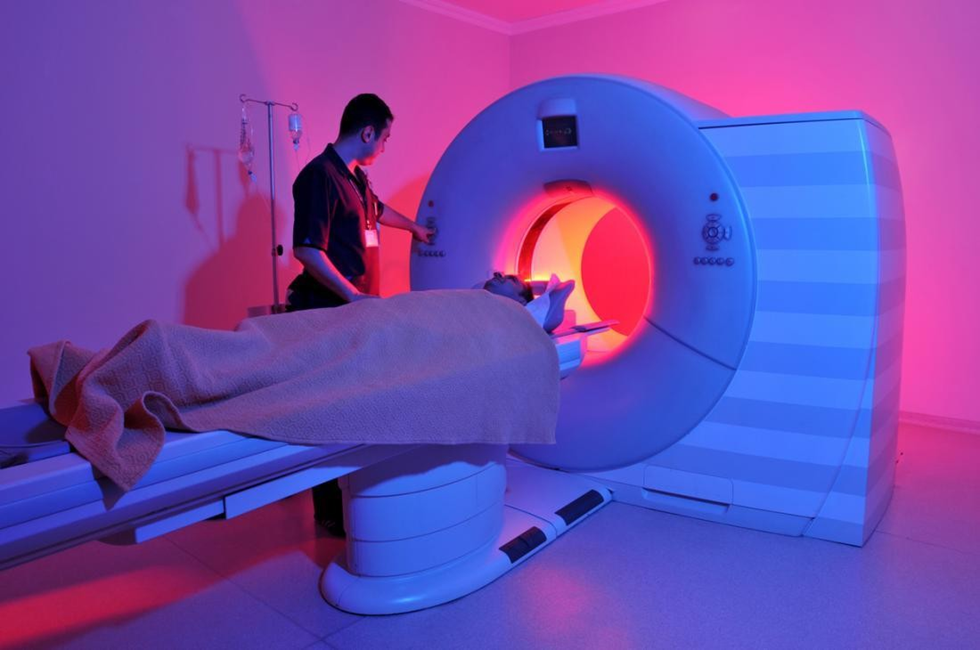An older male client who fell down several stairs 4-hours ago is scheduled for magnetic resonance imaging (MRI). What information should the practical nurse (PN) obtain from the client?
Last time food was consumed.
Presence of a metal implant.
History of previous myelogram.
Allergy to iodine-based dyes.
The Correct Answer is B
Correct Answer: B. Rationale:
A. The last time food was consumed may be relevant for some medical procedures but isn't directly related to an MRI.
B. Knowing the presence of a metal implant is crucial before an MRI due to potential interference with the machine.
C. History of the previous myelogram might be relevant but is not as critical for an MRI. Allergy to iodine-based dyes is more pertinent for procedures like a CT scan with contrast, not necessarily an MRI.

Nursing Test Bank
Naxlex Comprehensive Predictor Exams
Related Questions
Correct Answer is C
Explanation
A. Complete blood count: Primarily measures the number of blood cells and their types. It does not directly assess the effectiveness of warfarin.
B. Creatinine clearance: Evaluates kidney function and doesn't directly reflect the efficacy of warfarin.
C. Prothrombin time (PT): Measures the time taken for blood to clot, an essential indicator for monitoring anticoagulation therapy like warfarin.
D. Serum troponin levels: Assesses cardiac damage and is not indicative of warfarin's effectiveness in managing atrial fibrillation.
Correct Answer is A
Explanation
A. Observing the method of temperature measurement by the UAP helps identify any incorrect technique or error in obtaining readings.
B. Returning the thermometer for recalibration assumes the issue is with the equipment, which might not be the case.
C. Showing the UAP how to chart temperatures assumes the problem is with documentation, not measurement.
D. Demonstrating how to use the equipment might not address the specific error observed in temperature readings.
Whether you are a student looking to ace your exams or a practicing nurse seeking to enhance your expertise , our nursing education contents will empower you with the confidence and competence to make a difference in the lives of patients and become a respected leader in the healthcare field.
Visit Naxlex, invest in your future and unlock endless possibilities with our unparalleled nursing education contents today
Report Wrong Answer on the Current Question
Do you disagree with the answer? If yes, what is your expected answer? Explain.
Kindly be descriptive with the issue you are facing.
